yù
drive
Phonosemantic compound. 馬 represents the meaning and 又 represents the sound.
Evolution

Oracle script
(~1250-1000 BC)
Bronze script
Early Western Zhou (~1000 BC)
Seal script
Shuowen (~100 AD)
Clerical script
Cao Wei (Three Kingdoms: 222-280 AD)Regular script
ModernMost common words with 馭
Freq. | Word | Meaning |
|---|---|---|
to drive | ||
to drive | ||
chariot driver | ||
to control a key point is to be master of the situation (idiom) |
Sources
